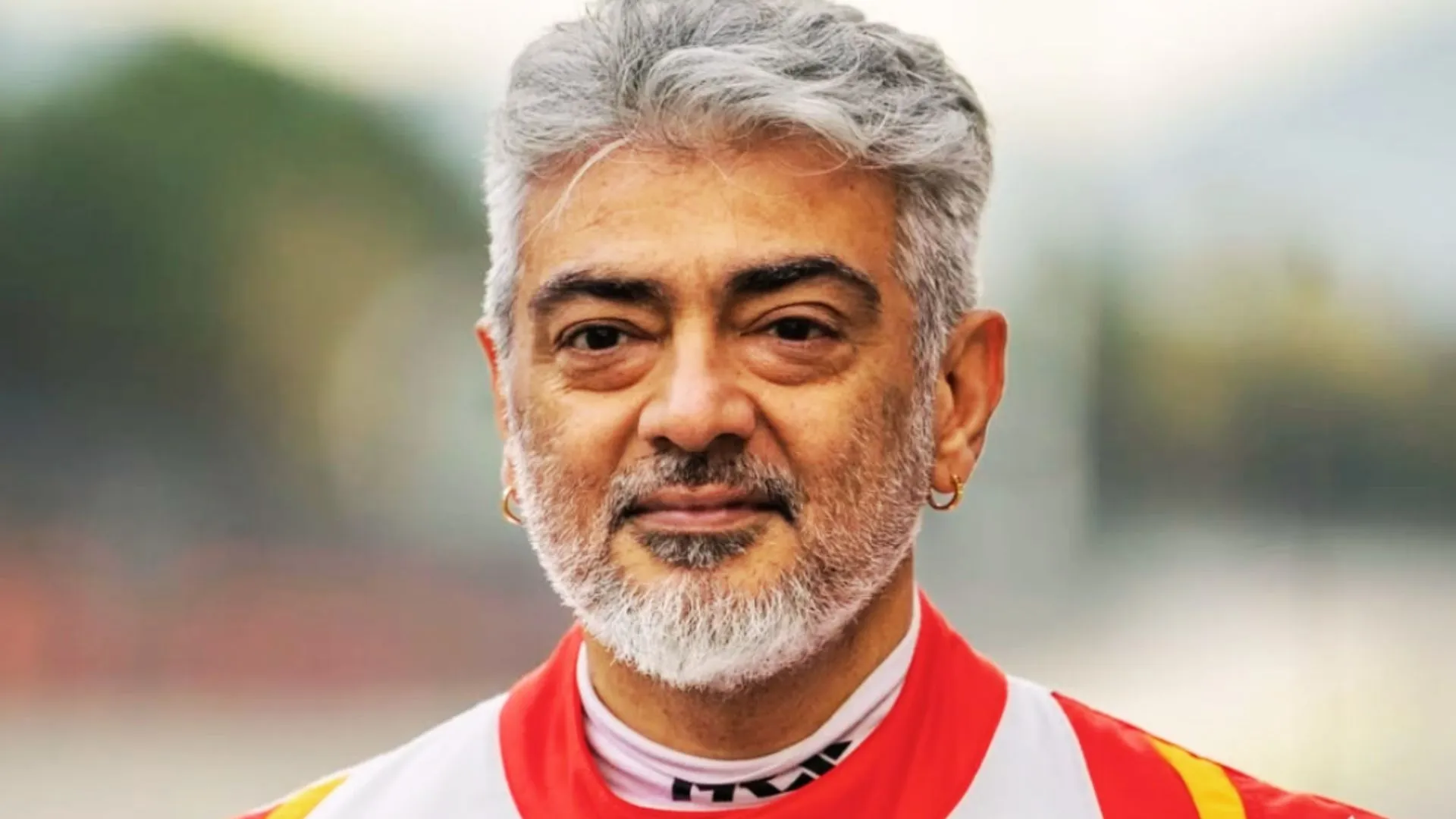Prime Minister Narendra Modi on Wednesday welcomed the passage of the Waqf (Amendment) Bill and the Mussalman Wakf (Repeal) Bill in Parliament, calling it a historic step toward transparency, social justice, and inclusive development.
Describing the move as a “watershed moment,” the Prime Minister said the new legislations would empower communities that have long been sidelined and denied both opportunity and voice. The bills, which were passed by both the Lok Sabha and the Rajya Sabha, are expected to overhaul the existing Waqf system, which has faced criticism over decades for lack of transparency and alleged mismanagement.
“The passage of the Waqf (Amendment) Bill and the Mussalman Wakf (Repeal) Bill by both Houses of Parliament marks a watershed moment in our collective quest for socio-economic justice, transparency and inclusive growth,” PM Modi stated.
The passage of the Waqf (Amendment) Bill and the Mussalman Wakf (Repeal) Bill by both Houses of Parliament marks a watershed moment in our collective quest for socio-economic justice, transparency and inclusive growth. This will particularly help those who have long remained on…
— Narendra Modi (@narendramodi) April 4, 2025
He specifically highlighted how the previous system disproportionately affected Muslim women, the economically weaker sections within the Muslim community, and Pasmanda Muslims. He emphasized that the reforms would help restore fairness and ensure greater accountability in the administration of Waqf properties.
“For decades, the Waqf system was synonymous with lack of transparency and accountability. This especially harmed the interests of Muslim women, poor Muslims, and Pasmanda Muslims. The legislations passed by Parliament will boost transparency and also safeguard people’s rights,” he added.
The Prime Minister also expressed gratitude to Members of Parliament, Parliamentary Committee members, and citizens who contributed through suggestions and active engagement during the legislative process. He underlined the value of dialogue and debate in a functioning democracy, saying that the extensive discussions reaffirmed India’s commitment to participatory lawmaking.
Looking forward, PM Modi said the new legal framework would usher in a modern, more just system that reflects the country’s constitutional values and commitment to dignity and equality for all.
“We will now enter an era where the framework will be more modern and sensitive to social justice. On a larger note, we remain committed to prioritising the dignity of every citizen. This is also how we build a stronger, more inclusive and more compassionate India,” the Prime Minister concluded.
Also Read: Rajya Sabha Approves President’s Rule In Manipur Amid Heated Debate























